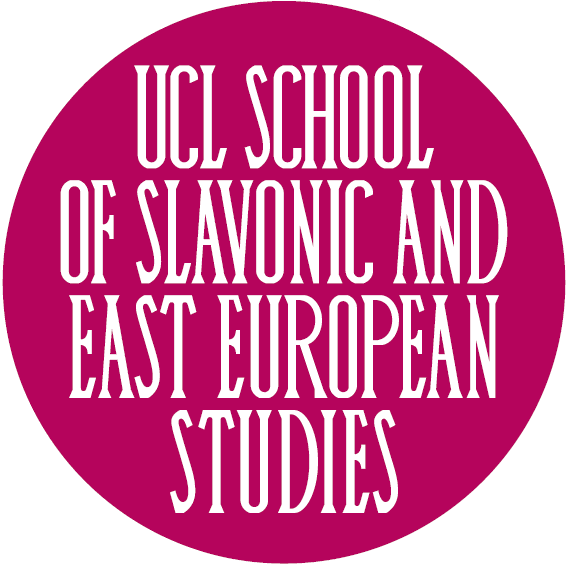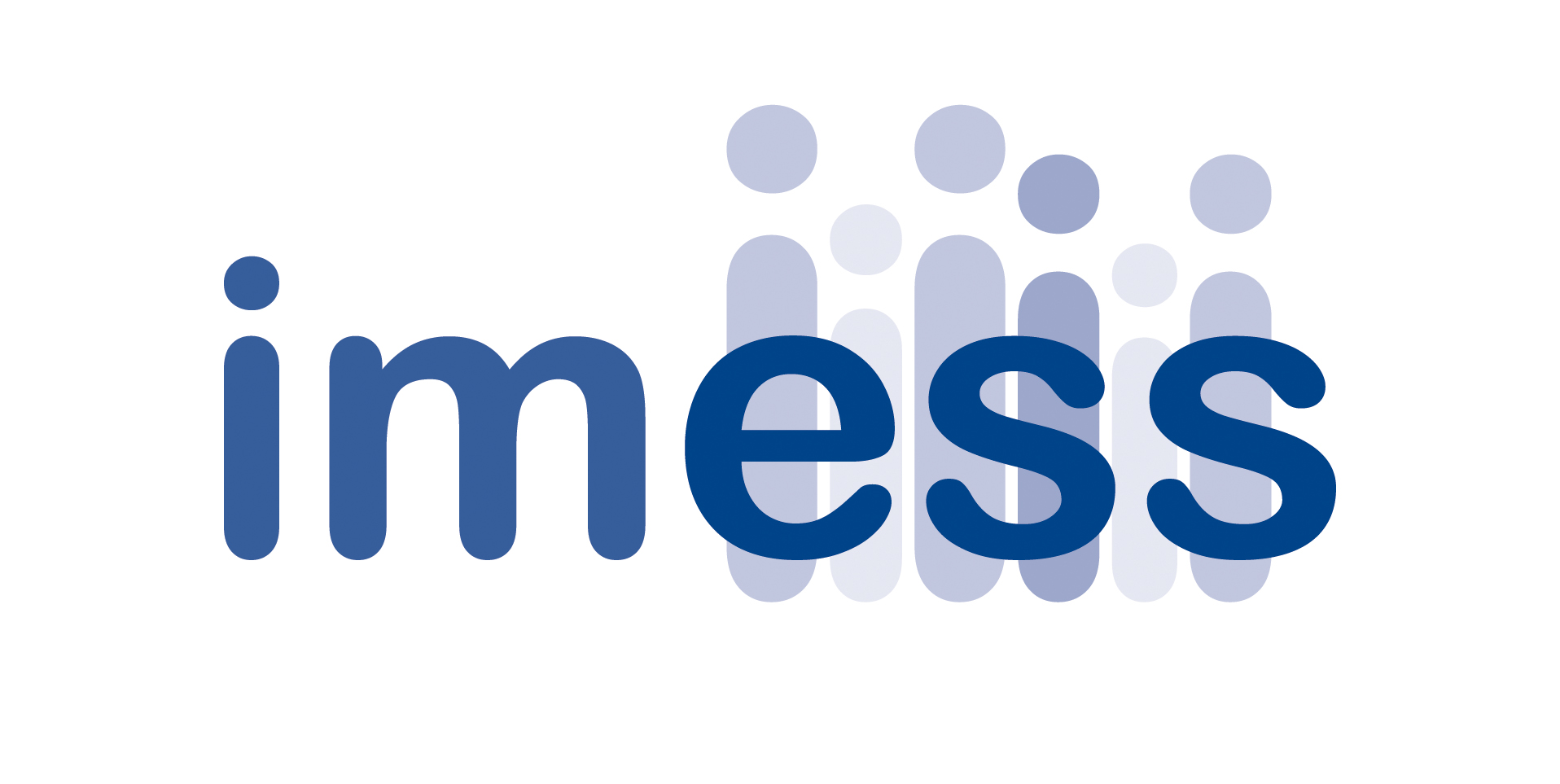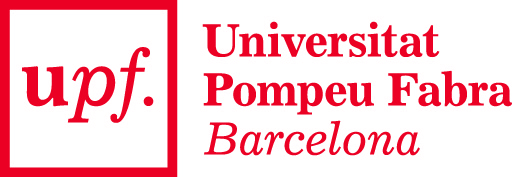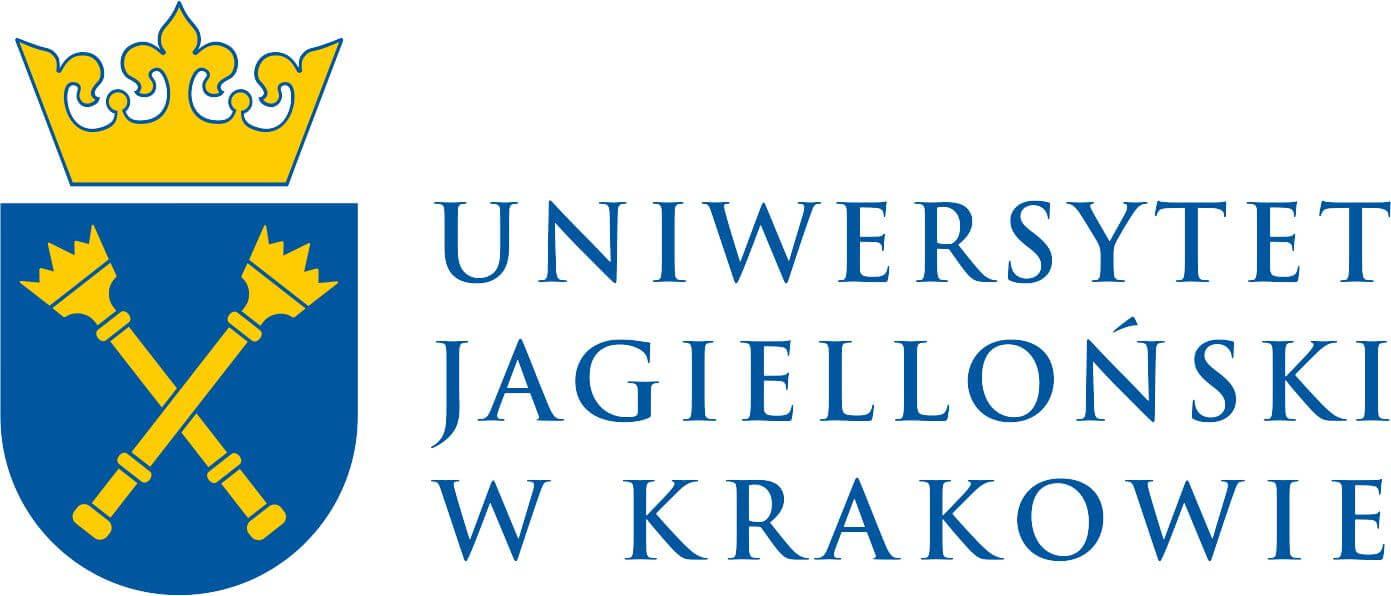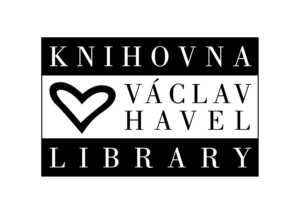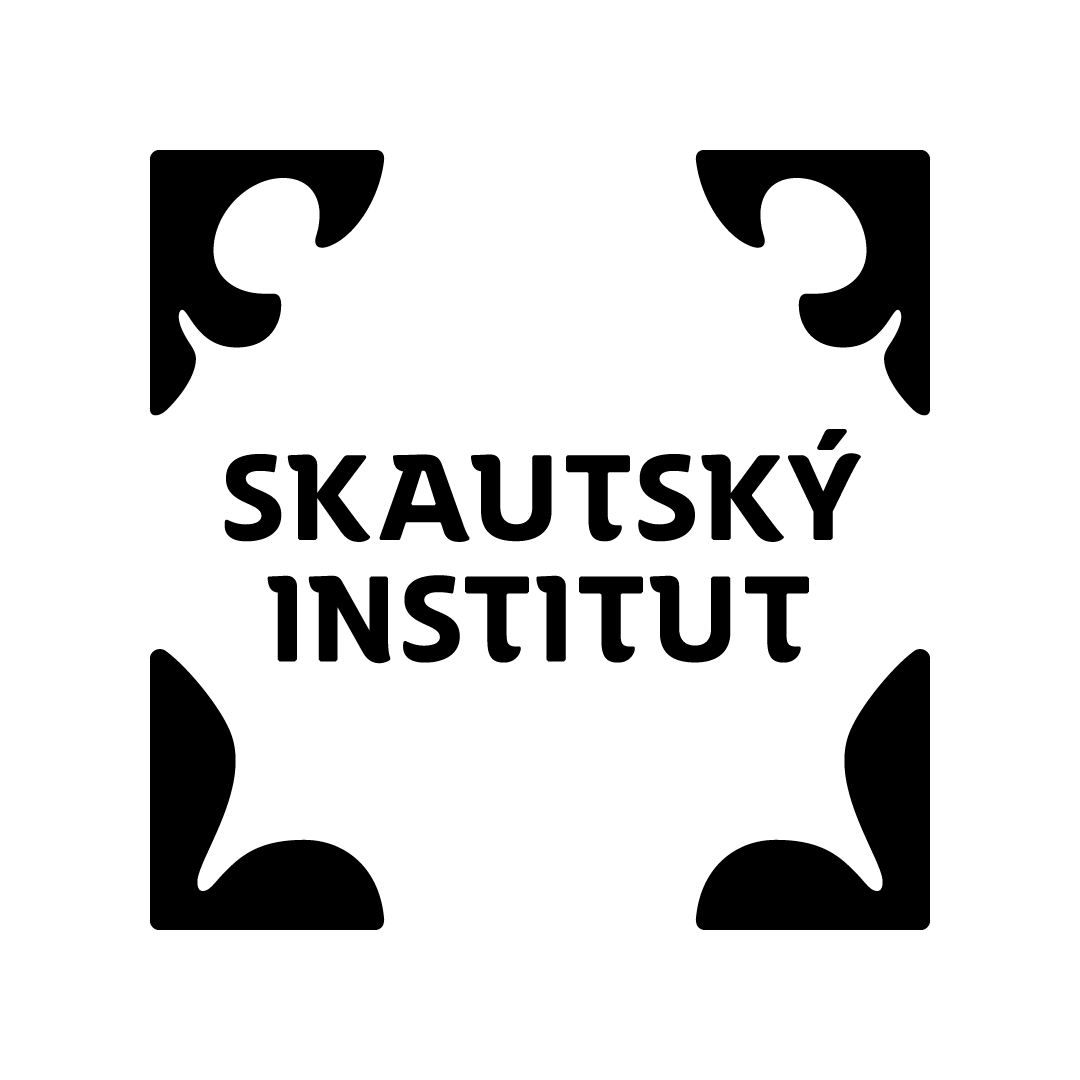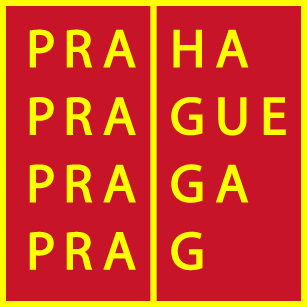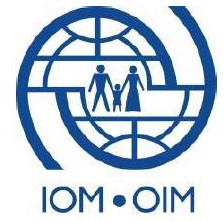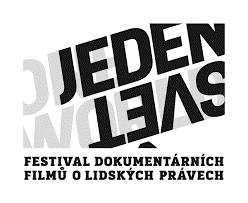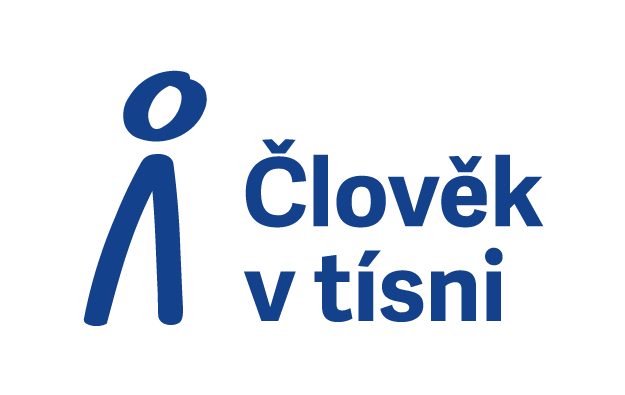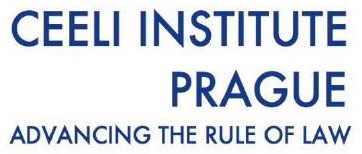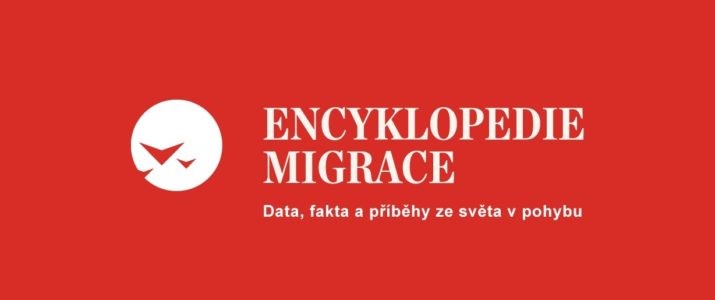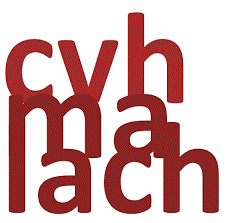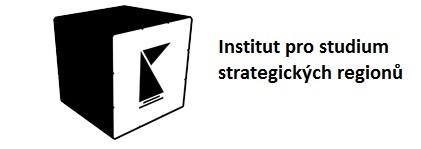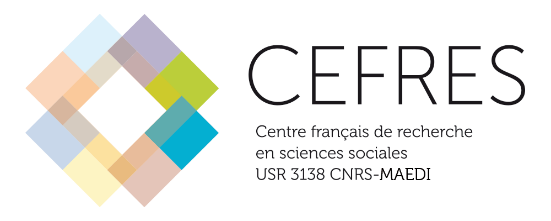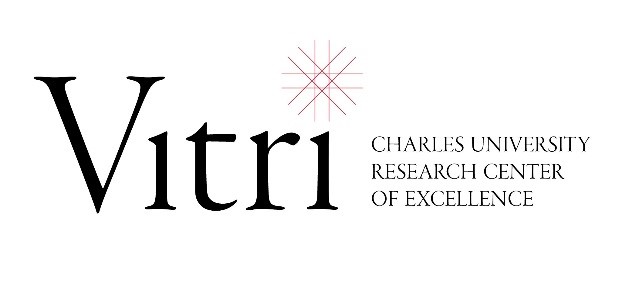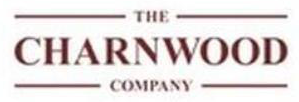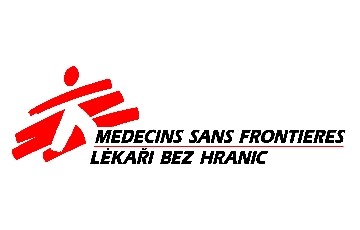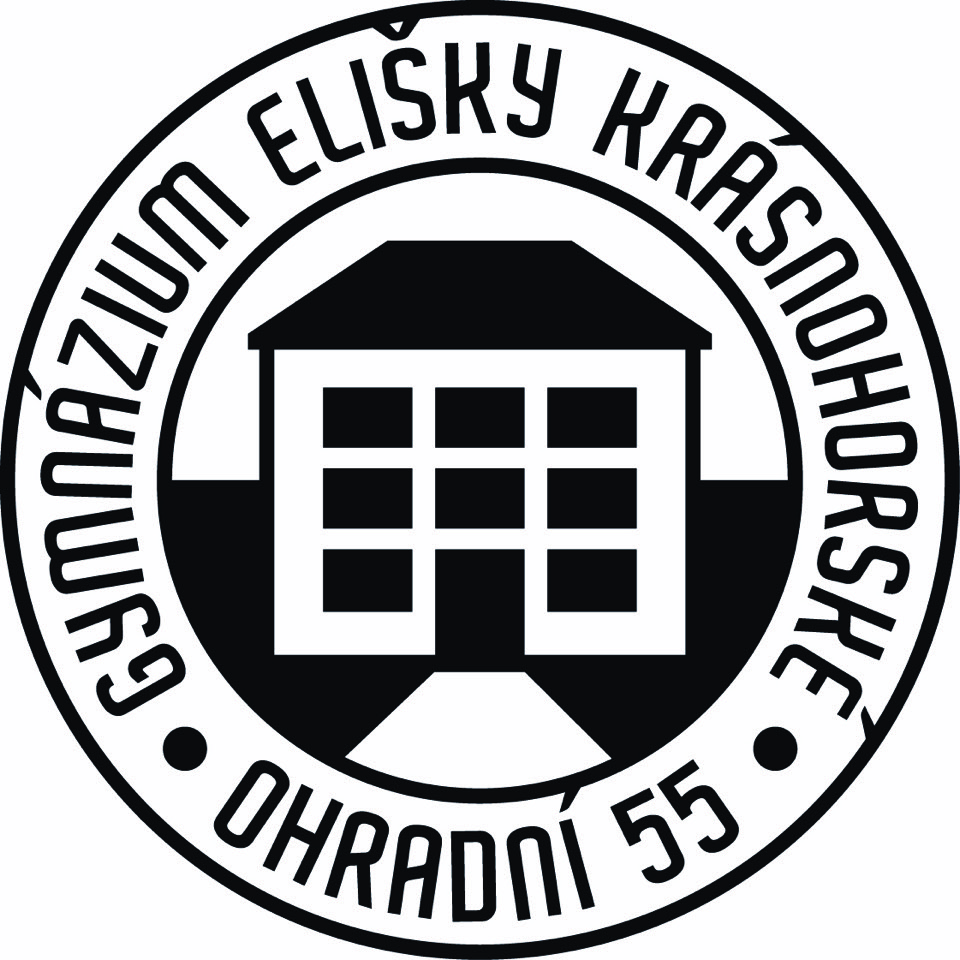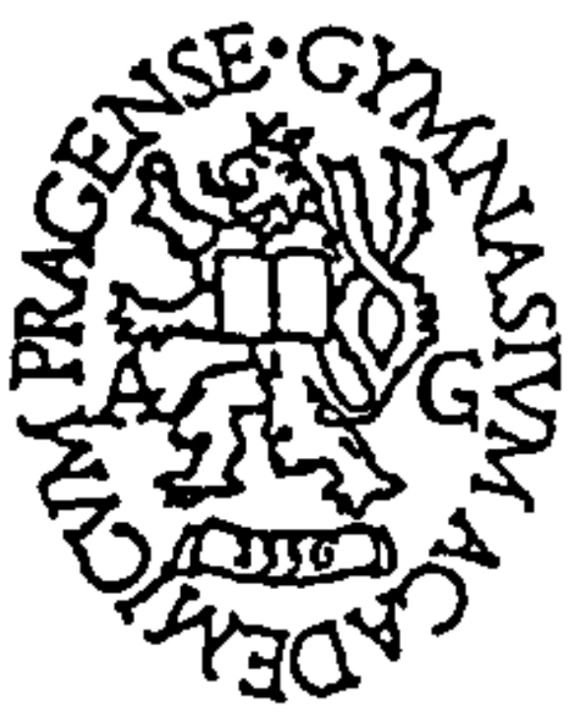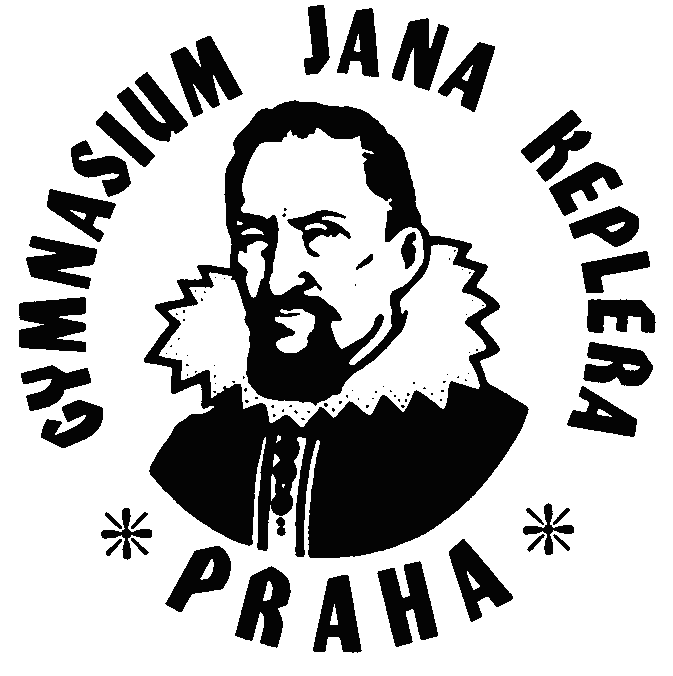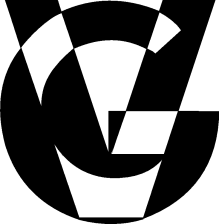Czech-German Studies
Handbook
Praktického a pravidelně aktualizovaného průvodce Česko-německými studii od prvních týdnů studia až po státnice najdete ke stažení zde.
Naposledy aktualizováno 1. prosince 2025.
Šablony, formuláře a další pokyny ke studiu
Žádost o schválení témat písemných prací
Protokol o splnění studijních povinností z UR (k odevzdání bezprostředně po návratu z Řezna)
Jak a kdy vyjedu do Řezna?
Neodmyslitelnou součástí studia je roční pobyt na Univerzitě Řezno (UR). Sami si zvolíte, zda vyjedete během druhého, nebo třetího roku studia. Pokud máte silnější znalost němčiny a splnili jste všechny potřebné prerekvizity, doporučujeme výjezd ve druhém ročníku – vyhnete se tak kumulaci zkouškového období v Řezně a odevzdávání prací k bakalářské státní zkoušce, které Vás čekají při výjezdu ve třetím ročníku.
O svém záměru vyjet do Řezna v následujícím akademickém roce informujte garanta programu už v lednu předchozího akademického roku. V této době se zároveň otevírá možnost podat si žádost o stipendium v rámci programu Erasmus+. Přihlášku vyřizujete standardní cestou přes Oddělení zahraničních styků (OZS) fakulty.
Seznam studentů vyjíždějících na UR předá garant programu koordinátorovi na Bohemicu UR, který bude studenty instruovat dále v otázce zápisu do studia na UR a otázce ubytování.
Co učinit po návratu ze zahraničního pobytu?
Bezodkladně po návratu ze studijního pobytu je nutné předložit vyplněný Protokol o splnění studijních povinností. U povinných a povinně volitelných předmětů plněných v rámci modulů je třeba zapsat kódy a kredity dle Karolinky. U ostatních předmětů, které spadají do kategorie volitelných, je třeba doplnit kromě německého také anglický a český název kurzu. Uznané kreditní ohodnocení odpovídá UR. Známky je nutné přepočítat na základě převodní tabulky (viz níže).
Bakalářská práce a domácí práce
Bakalářský seminář pro Česko-německá studia budete navštěvovat buď ve druhém ročníku (pokud plánujete vyjet do Řezna ve třetím ročníku), nebo ve třetím ročníku (pokud jste již do Řezna vyjeli ve druhém ročníku). Do semináře vstupujete bez předem určeného tématu – výběr tématu i nalezení vedoucího práce probíhá v rámci samotného semináře.
- Na konci prvního semestru semináře odevzdáte projekt své bakalářské práce.
- Na konci druhého semestru pak odevzdáte buď „předbakalářskou práci“ v rozsahu cca 20 normostran, nebo již hotovou bakalářskou práci.
Témata domácích prací (Hausarbeit) a bakalářské práce si volíte sami. Návrhy témat a jejich povinné začlenění do modulů (jazykověda, literární věda, vědy o kultuře, politika a dějiny, právo a hospodářské dějiny) předkládáte ke schválení garantovi programu. Prosím, mějte na vědomí, že bakalářskou práci není možné psát v rámci modulu Literární věda.
Každá domácí práce má konzultanta z IMS, který Vám je k dispozici především ve formálních otázkách.
Pokyny pro uzavírání indexů
Platí pouze pro program ČNS!
Termín pro uzavírání je vždy vyhlášen garantem oboru a musí proběhnout před konáním státní závěrečné zkoušky. Pokud si chce student nechat uzavřít index po splnění všech studijních povinností a státní závěrečnou zkoušku se rozhodne skládat v pozdější době, kontaktuje garanta sám.
Pro uzavření indexu je třeba dodat následující formuláře a dokumenty - všechny vytištěné i elektronicky:
1) výtisk splněných studijních povinností ze SISu,
2) výtisk splněných studijních povinností z FlexNow ,
3) vyplněný formulář s přehledem předmětů rozdělených podle modulů (ve formátu Word),
a) pro ročníky nástupu do 2016/2017 (včetně),
b) pro ročníky nástupu od 2017/2018 (včetně),
4) výkaz studijních povinností pro potřeby UR (ve formátu Word),
a)pro ročníky nástupu do 2016/2017 (včetně),
b) pro ročníky nástupu od 2017/2018 (včetně),
5) žádost o vystavení diplomu na UR.
V případě, že uzavíráte index bezprostředně po příjezdu ze zahraničního studijního pobytu, je potřeba předložit vyplněný Protokol o splnění studijních povinností. U povinných a povinně volitelných předmětů plněných v rámci modulů je třeba zapsat kódy a kredity dle Karolinky. U ostatních předmětů, které spadají do kategorie volitelných je třeba doplnit kromě německého také anglický a český název kurzu. Uznané kreditní ohodnocení odpovídá UR. Známky je nicméně nutné přepočítat na základě převodní tabulky.
Převodní tabulka známek mezi Universität Regensburg a Univerzitou Karlovou
Universität Regensburg | Univerzita Karlova |
1,0 - 1,49 | A (1) |
1,5 - 1,99 | B (1) |
2,0 - 2,49 | C (2) |
2,5 - 2,99 | D (2) |
| 3,0 - 3,99 | E (3) |
| 4,0 | F (4) |
Státní závěrečná zkouška
Státní závěrečná zkouška (SZZk) má podobu ústní zkoušky před komisí složenou zpravidla ze tří členů. Termíny státních zkoušek se vypisují třikrát ročně: v zimním semestru na konci ledna / začátku února a v letním semestru v červnu nebo v září v obdobích předepsaných harmonogramem akademického roku. Přesné datum stanovuje vedení IMS vždy před koncem výuky v daném semestru.
Státní závěrečná zkouška se skládá celkem ze čtyř částí:
- obhajoby bakalářské práce,
- obhajoby tří písemných prací (tzv. Hausarbeit).
- Celková délka zkoušky je přibližně 45–55 minut.
Každou práci musíte představit, reagovat na posudky a odpovědět na doplňující otázky komise.
- U bakalářské práce obdržíte dva posudky.
- U každé písemné práce (Hausarbeit) je posudek jeden.
Zkouška vždy začíná obhajobou bakalářské práce, nicméně pořadí obhajob písemných prací si následně zpravidla už můžete určit sami.
Termíny pro konání státních závěrečných zkoušek se řídí Harmonogramem akademického roku FSV UK a v každém akademickém roce probíhají tři řádné zkouškové termíny: v lednu, v červnu a v září. Termíny pro odevzdání hotových prací a přihlášku ke státní závěrečné zkoušce stanovuje také Harmonogram akademického roku.


